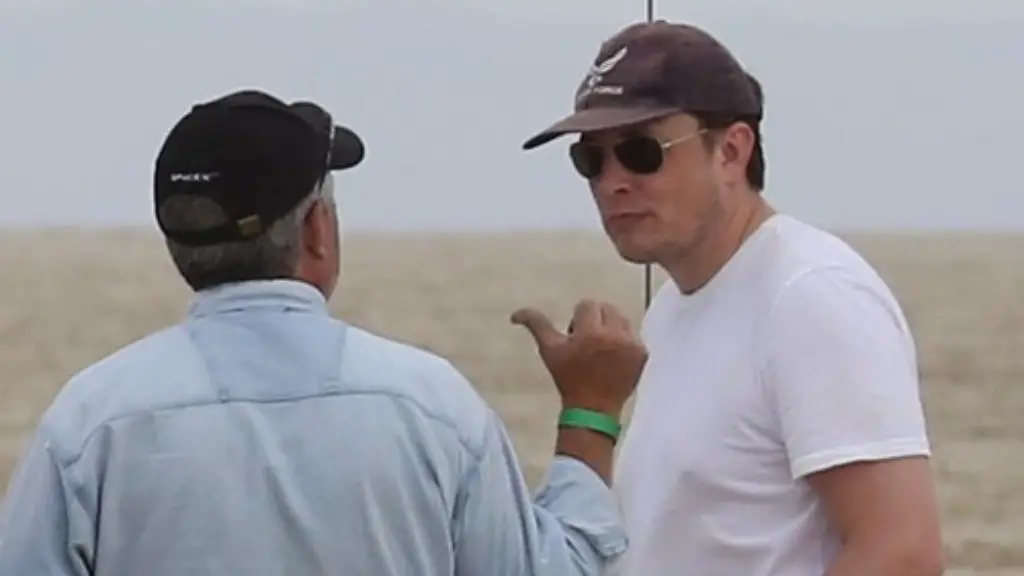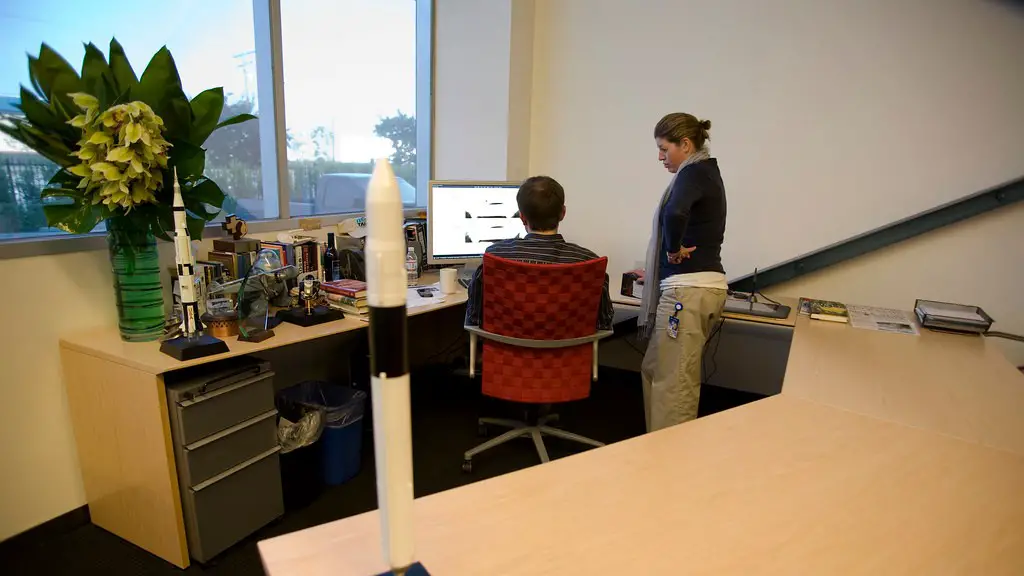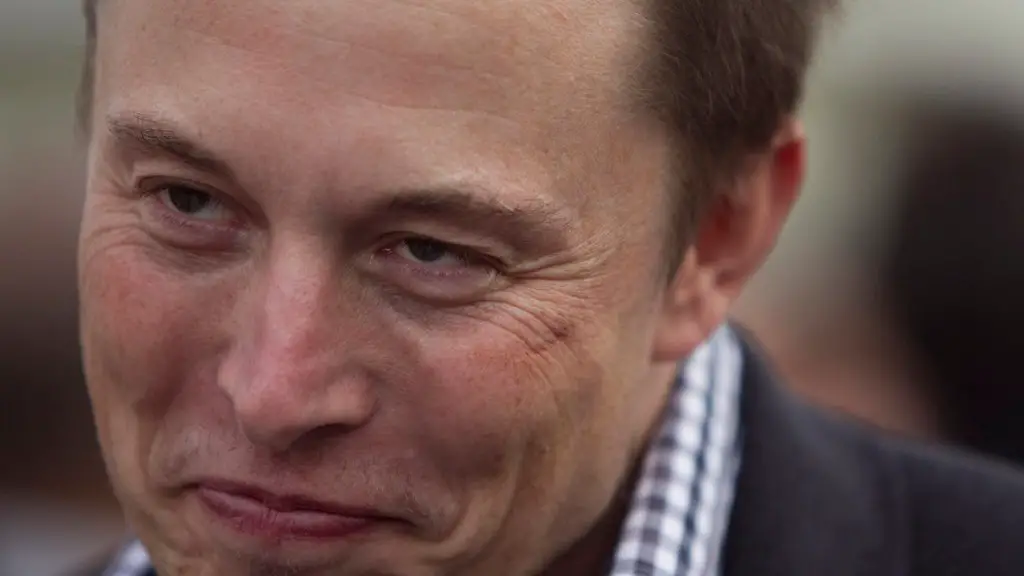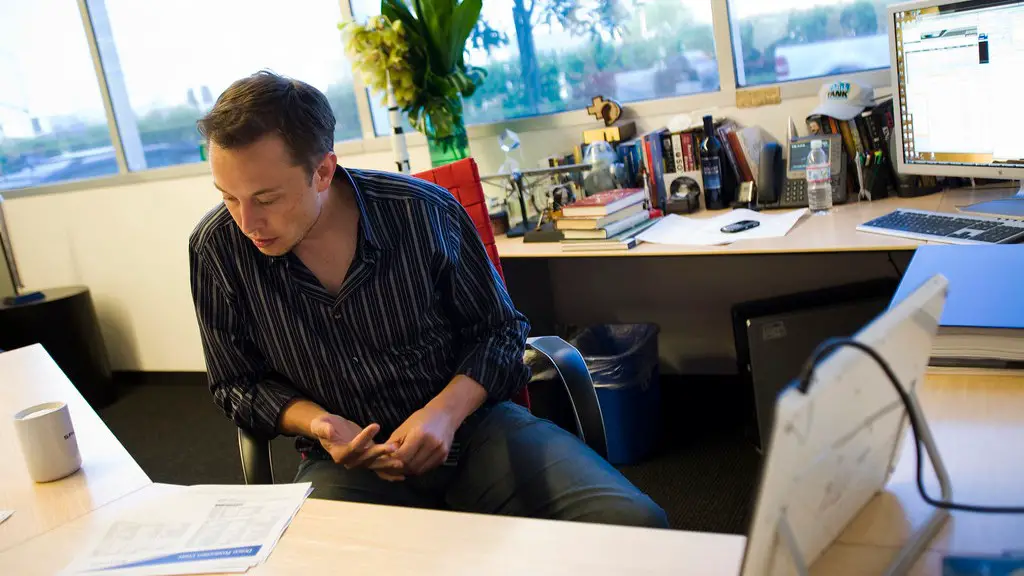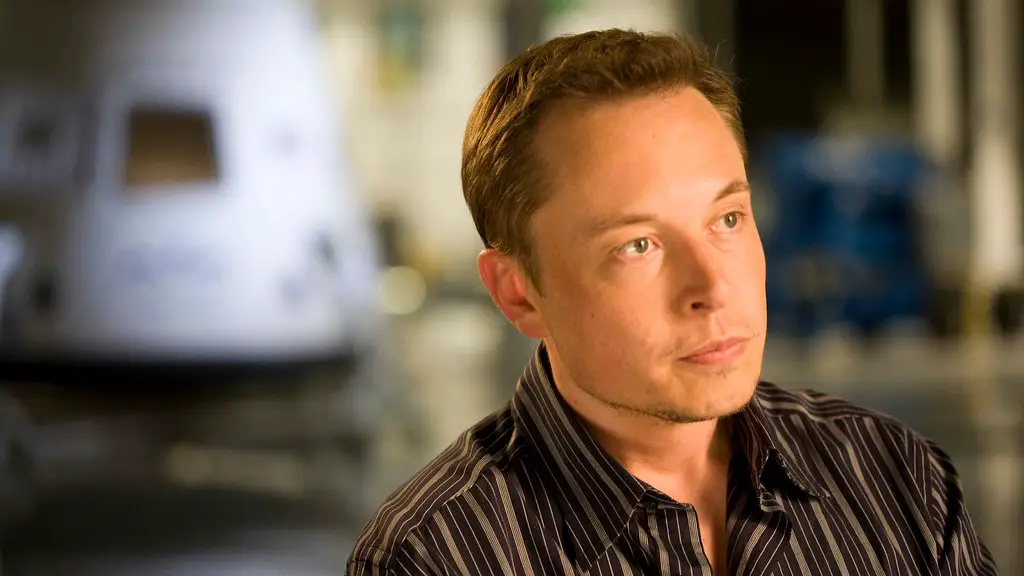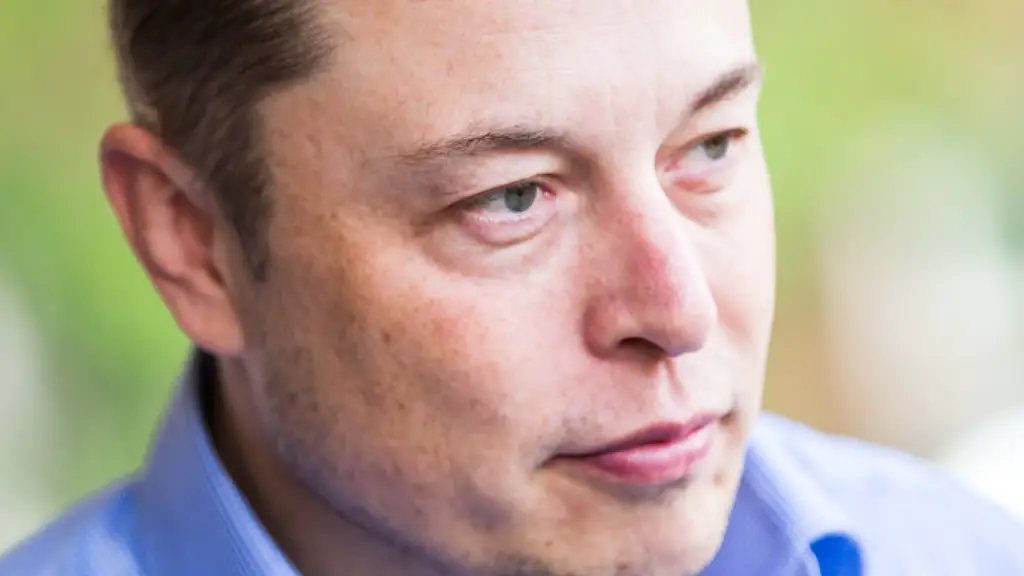Elon Musk has become a household name and tech billionaire, but has he actually invented anything? Many believe that Musk is just a master marketer and investor, but there are plenty of inventions to his name. From Tesla’s automated driverless cars to his space exploration company SpaceX and his forays into the AI realm with OpenAI, Musk has made an indelible mark on the tech industry. That said, there still remains the question of whether Musk has actually invented anything at all.
Musk has developed several products and companies, but none of them would be possible without his incredible foresight. He has often stated that his greatest strength is anticipating the needs of society, then creating the technology or a product to meet that need. He also has a knack for understanding both complex and nuanced technology, allowing him to develop revolutionary innovations. However, his main contribution to the tech industry is not one specific invention, but rather a string of very successful investments into breakthrough products and services.
Nevertheless, Musk has a few inventions to his name. His most notable inventions include: the Hyperloop concept, SolarCity, the Tesla powerwall, and SpaceX’ reusable rocket technology. Hyperloop is a high-speed, low friction transportation system, built to transport pods of people and goods at blistering speeds. SolarCity is an energy services company which was sold to Tesla in 2016. The Tesla powerwall, a battery designed to store solar energy, is another Musk invention aimed to making renewable energy more accessible. Lastly, SpaceX has developed the technology to reuse rocket boosters, a revolutionary innovation which has made space exploration more cost effective and accessible.
Musk has also made substantial contributions to the world of artificial intelligence. He co-founded OpenAI, an artificial intelligence research company that brings together academics, businesses, and tech professionals to develop AI products and services. Furthermore, his contributions to space exploration and electric cars have had a major impact on the tech industry.
It is clear that, although Musk has not invented any one specific, earth-shattering product, he has had a profound impact on the tech industry, and has truly revolutionized the way in which technology is developed, used, and applied. He has predicted the needs of modern society, and created products and services to meet those needs better and more efficiently than anyone else.
Impact of Elon Musk’s Inventions on the Future
Elon Musk’s inventions have the potential to shape the future of the tech industry in unimaginable ways. His inventions have changed the way people think about and interact with technology, shifting focus to renewable energy, reusable resources, and efficient transport systems.
The idea of electric cars, autonomous vehicles, reusable rocket boosters, and solar energy have been revolutionary to the tech industry, and Musk’s inventions have made these ideas a reality. They have blossomed into full-fledged industries that have reshaped the way people think about the environment, energy resources, and inter-continental travel.
In addition, Musk’s AI research is leading us ever closer to a world of intelligent systems. His OpenAI research has spearheaded conversations about the ethical implications of advanced AI and machine learning, and is increasingly giving us the tools to further our exploration into intelligent systems.
It is clear that Musk’s inventions will have a major impact on the future of the tech industry. They have been revolutionary in both their potential applications and positive implications for the environmental, and will certainly shape the way in which tech is developed and used in the future.
Tesla Motors and the Future of Electric Cars
Tesla Motors, Musk’s electric car company, is at the forefront of the electric car industry. It has revolutionized the way cars are designed and developed, and has helped to make electric cars a more realistic option for everyday drivers.
This shift to electric cars could have major implications for the auto industry. By changing traditional internal combustion engines to electric motors, production and consumption of new cars is becoming much more efficient, and vehicles become much more reliable. Tesla’s cars are also equipped with their onboard self-driving computer, known as Autopilot, which could drastically change the way people travel in the future.
Electric cars are not only more energy efficient, but they could also revolutionize the way we power our homes. Tesla Motors produces innovative products, such as the Powerwall, which could be used to store energy from solar panels, wind turbines, and other renewable sources. This could lead to a decrease in fossil fuel consumption, as well as an increase in the number of homes which are powered by renewable energy.
Ultimately, the future of electric cars looks bright. With Tesla Motors at the helm, electric cars are becoming more and more popular, and are making affordable and efficient transportation possible for the masses.
SpaceX and the Future of Space Exploration
SpaceX, Musk’s space exploration company, has revolutionized the way space is explored. By introducing reusable rocket boosters, SpaceX has changed the way rockets are built and launched, making space exploration cheaper and more efficient.
SpaceX has already completed several missions, including launching the Falcon Heavy rocket, the first privately funded rocket to launch a payload into orbit. This rocket has the potential to send humans to Mars and beyond with its powerful thrust capabilities.
Moreover, SpaceX is pioneering the notion of space tourism, eagerly pushing for the possibility of sending everyday people beyond the reaches of earth. They have recently partnered with Virgin Galactic to develop space-based hotels, allowing people to enjoy a unique and unforgettable experience in outer space.
The possibilities for space exploration are becoming more and more realistic, and SpaceX has been a major catalyst for these developments. As technology continues to progress, space exploration and tourism could become a major industry, and SpaceX will likely remain at the forefront of the movement.
OpenAI and the Future of Artificial Intelligence
OpenAI, Musk’s artificial intelligence research company, is leading the conversation about the future of artificial intelligence. With its focus on ethical AI research, OpenAI continues to be at the forefront of the conversation, pushing the boundaries of what is possible with artificial intelligence.
OpenAI’s research has already produced several groundbreaking AI systems, including GPT-3, an AI that can generate writing, and MuZero, a general game playing AI. These systems are pushing the boundaries of AI research, and have already been implemented in various fields such as healthcare, finance, and robotics.
Furthermore, OpenAI has been instrumental in making AI more accessible. By open-sourcing much of its code, the company has made it possible for anyone with an interest in AI to gain an understanding of the technology, and even contribute to its development.
OpenAI’s contributions to the AI field will continue to shape the industry’s development in the future. With its focus on ethical research, OpenAI could yield groundbreaking innovations in the field, potentially leading us closer to the development of truly intelligent systems.
